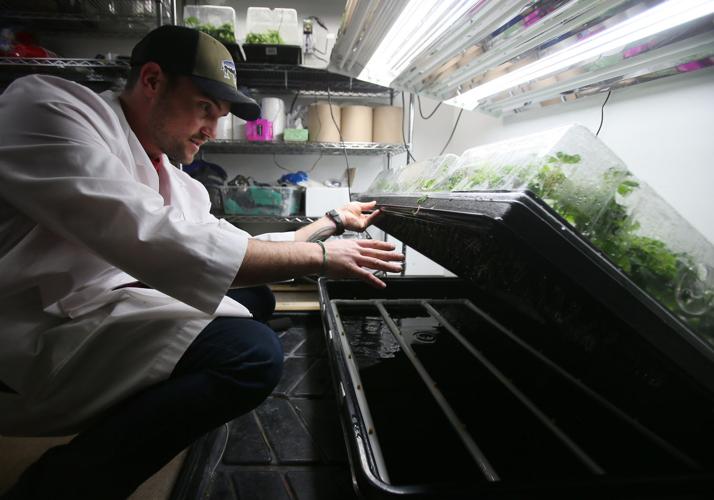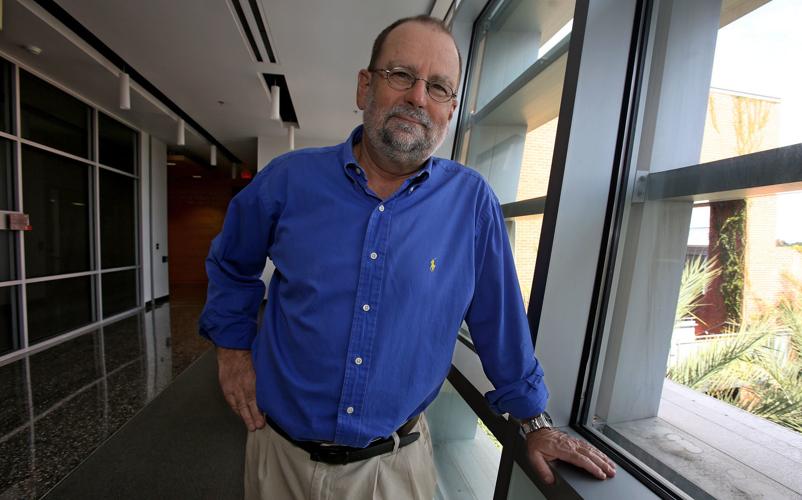PHOENIX — The state Court of Appeals has upheld the limits enacted by the Arizona Department of Health Services on when doctors can recommend marijuana to patients with post-traumatic stress disorder.
Appellate Judge Samuel Thumma, writing for the unanimous court, rejected arguments by the Arizona Cannabis Nurses Association that it was illegal for Will Humble, then the director of the agency, to conclude the only legitimate use of marijuana for PTSD is for “palliative care,” meaning helping to alleviate the symptoms.
The court on Thursday also upheld Humble’s requirement that patients try some more traditional therapies to deal with their PTSD before they can legally try medicinal marijuana.
Attorney Ken Sobel, who represents challengers, said the ruling is based on a misreading of the 2010 voter-approved law that makes marijuana use legal for medical reasons. And Sobel said the requirement of PTSD sufferers to first try something else amounts to a “nanny state” approach to the law.
He vowed an appeal to the Arizona Supreme Court.
That 2010 Arizona Medical Marijuana Act allows the use of the drug by patients suffering from a list of specific medical conditions like glaucoma, AIDS and any chronic or debilitating condition that leads to severe and chronic pain. At last count, there were more than 116,000 people who had the required doctor’s recommendation that allows them to buy up to 2½ ounces of marijuana every two weeks.
That same law, though, also requires the health department to consider requests to expand the list of qualifying conditions.
Humble initially rejected pot use for PTSD.
In 2014, however, he changed his mind after finding some scientific evidence that it can help some people with the condition. Humble said there also was anecdotal testimony, including by those diagnosed with PTSD, that smoking the drug helps.
But Humble limited its use to palliative care.
“I’ve never seen anything that says it’s an effective treatment,” Humble told Capitol Media Services at the time.
And Humble imposed another condition.
He said doctors could recommend marijuana only to patients who already were being treated for PTSD, even if it was only counseling sessions. Humble said he wanted to be sure that physicians were not promoting marijuana as the first course of action before trying something else.
Sobel, representing the nurses’ group, said Humble exceeded his authority in imposing such restrictions. He was particularly angered by the idea that PTSD sufferers, many of them veterans, had to “jump through hoops” and try other treatments before they could get the marijuana they need, a requirement unique to those who want to use the drug for PTSD.
“We believe that the men and women who fought for us in Afghanistan and Iraq and who returned home with these significant horrible injuries should not be required to do more than the other listed conditions,” Sobel said.
“What the court is telling them by their decision is, ‘Go get in line at the Phoenix VA,’” he said, noting the problems that facility has had in providing rapid care. “Good luck.”
The other alternative for veterans, Sobel said, is to seek out costly private treatment before being allowed to ask a doctor for a recommendation for medical marijuana.
Thumma, however, said challengers had not shown that Humble had exceeded his legal authority in setting the restrictions.







